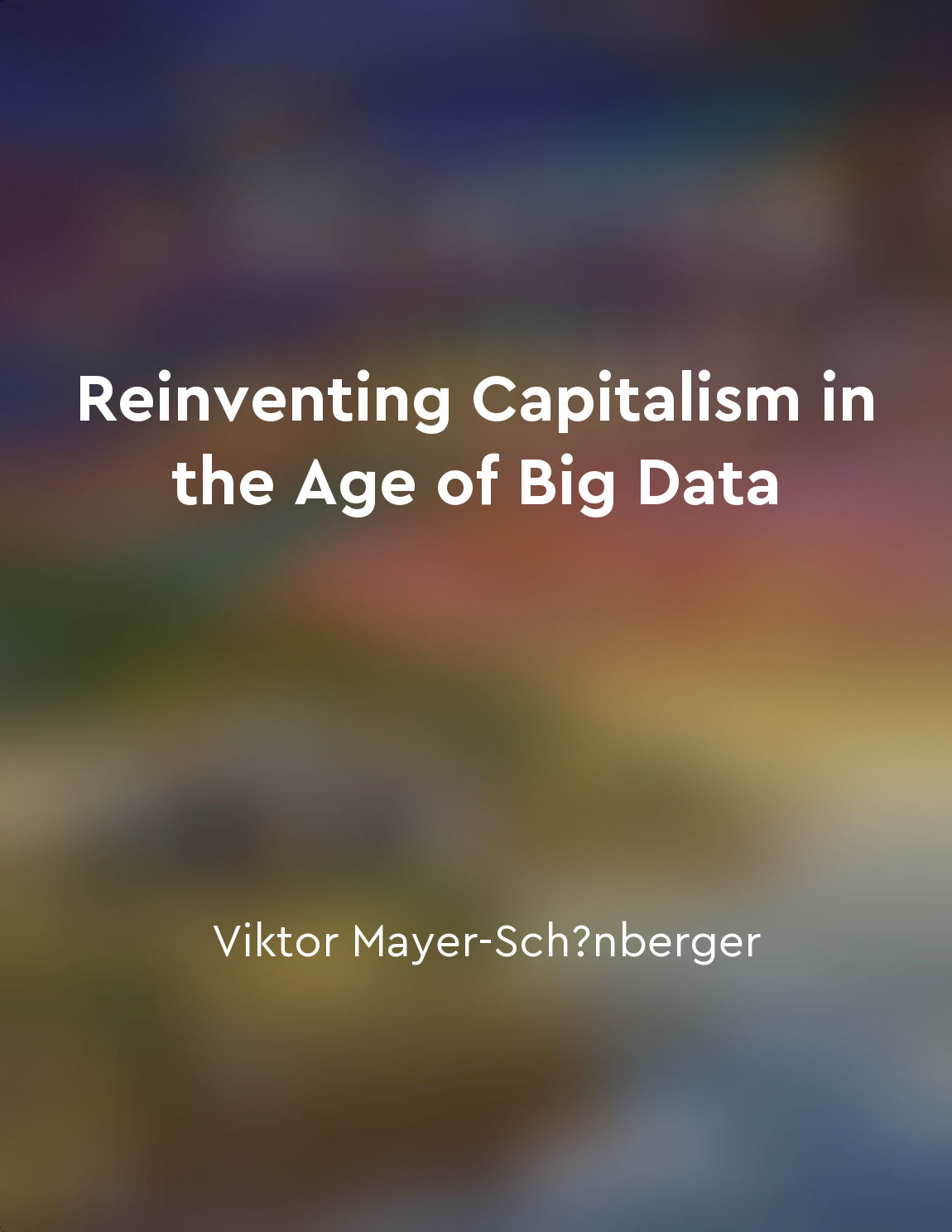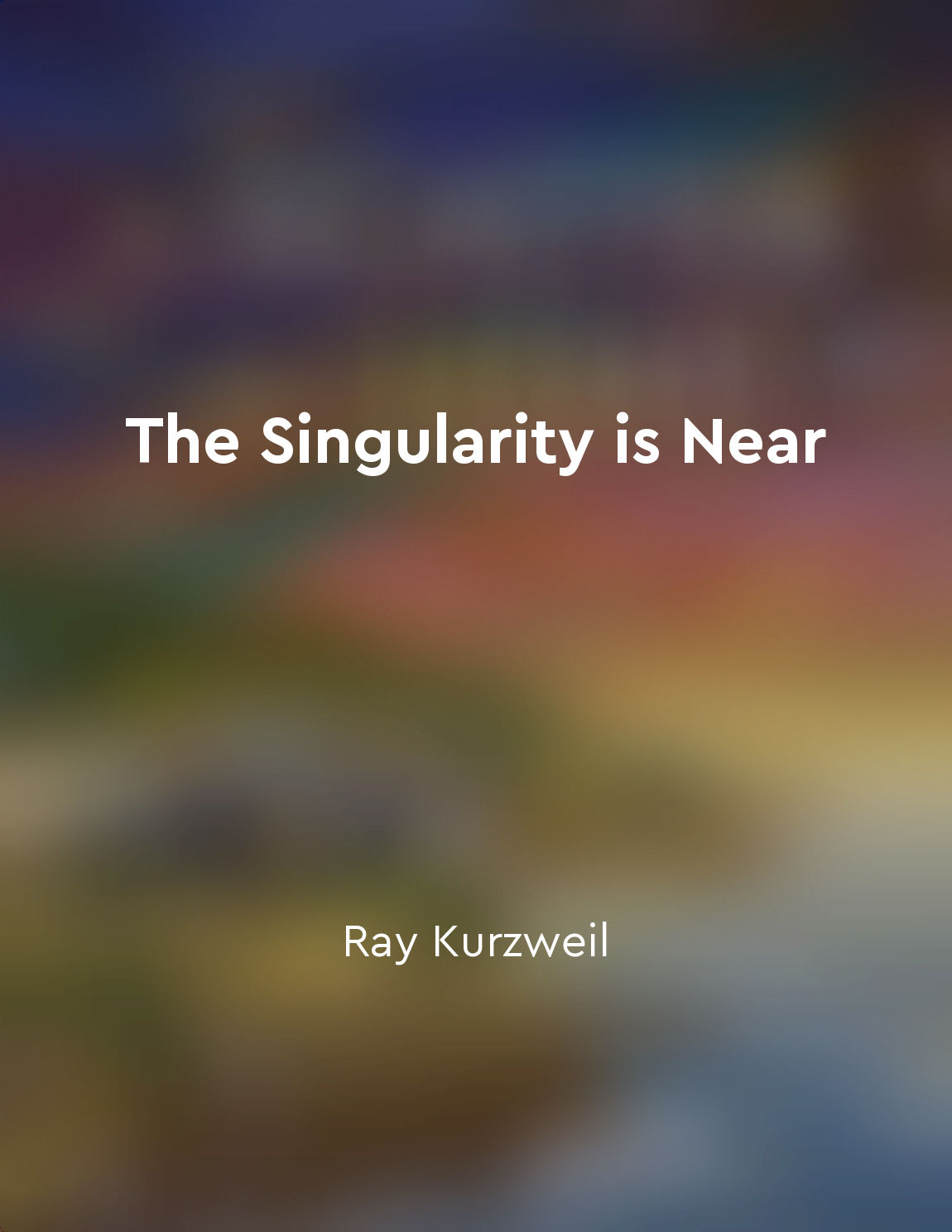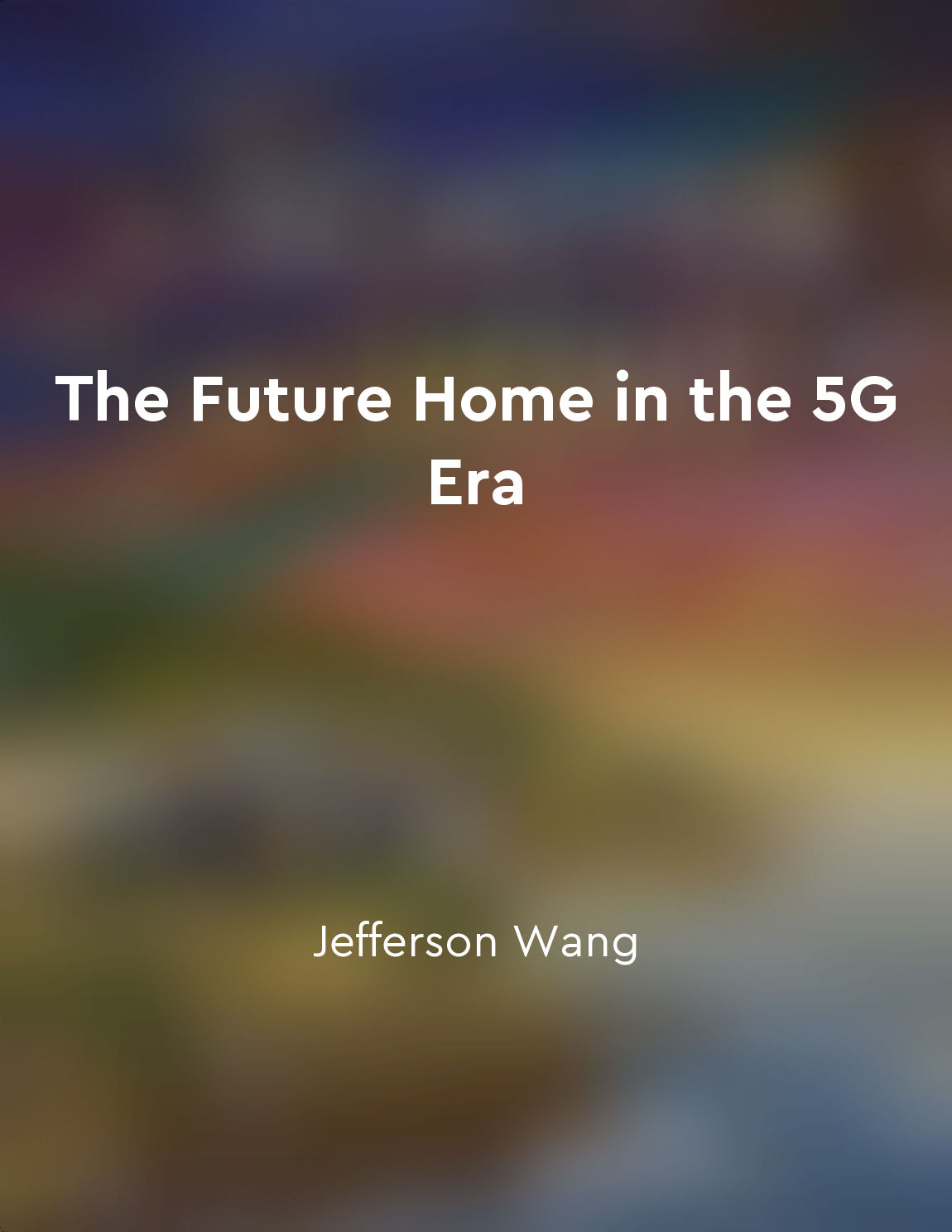Internet of Things from "summary" of Radical Technologies by Adam Greenfield
In a world where everything is connected, where the physical and the digital are seamlessly interfaced, where devices sense, record, and transmit information about themselves and their surroundings, the Internet of Things represents the apotheosis of the digital revolution. The promise of an interconnected world, where objects communicate with each other and with us, holds out the possibility of unprecedented convenience, efficiency, and understanding. With sensors embedded in everything from household appliances to industrial equipment, we are promised a future where our surroundings are not just inert matter, but rather a responsive, intelligent network that anticipates our needs and desires. The ubiquity of networked sensors, processors, and actuators enables objects to perceive their environment, make decisions, and act upon those decisions, without human intervention. From smart thermostats that learn our preferences and adjust the temperature accordingly, to self-driving cars that navigate city streets without human input, the Internet of Things heralds a future where our devices are not just tools, but companions, collaborators, and even extensions of ourselves. However, for all its promise, the Internet of Things also raises profound questions about privacy, security, and control. With every device connected to the network, collecting data about us and our environment, the potential for abuse and exploitation is vast. Who owns the data generated by our devices? Who has the right to access that data, and for what purposes? How do we ensure that our devices are not hijacked by malicious actors, or that the data they collect is not used against us? As we hurtle towards an ever more networked future, these questions become increasingly urgent. The Internet of Things holds out the promise of a world where our devices are not just tools, but companions, collaborators, and even extensions of ourselves. But as we embrace this vision of a seamlessly interconnected world, we must also grapple with the profound ethical, social, and political implications of a world where everything is connected.Similar Posts
Using multifactor authentication adds an extra layer of security
When it comes to safeguarding sensitive information in the digital realm, utilizing multifactor authentication is a critical st...

Companies must use data creatively to gain a competitive edge
To compete in today's fast-paced business environment, companies need to leverage data in innovative ways. Simply collecting an...
Bias is unavoidable
Bias is unavoidable. It is an inherent part of being human. Our experiences, beliefs, and preferences shape the way we perceive...

Autonomous vehicles will reshape transportation
The emergence of autonomous vehicles represents a profound shift in the way we think about transportation. These vehicles, equi...

Gamification will make smart home interactions more engaging
The integration of gamification into smart home interactions has the potential to transform the way we engage with our living s...
Society must grapple with ethical dilemmas
The challenges posed by emerging technologies force society to confront difficult ethical questions. As new capabilities emerge...
Knowledge is becoming more fragmented
In the age of big data, knowledge is becoming increasingly fragmented. This fragmentation is a result of the vast amount of inf...
